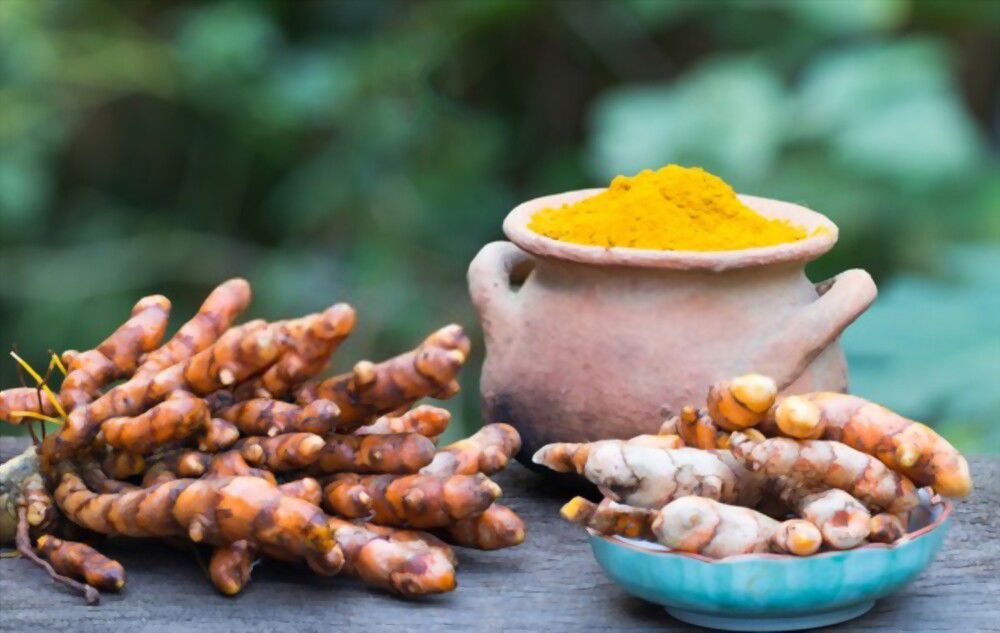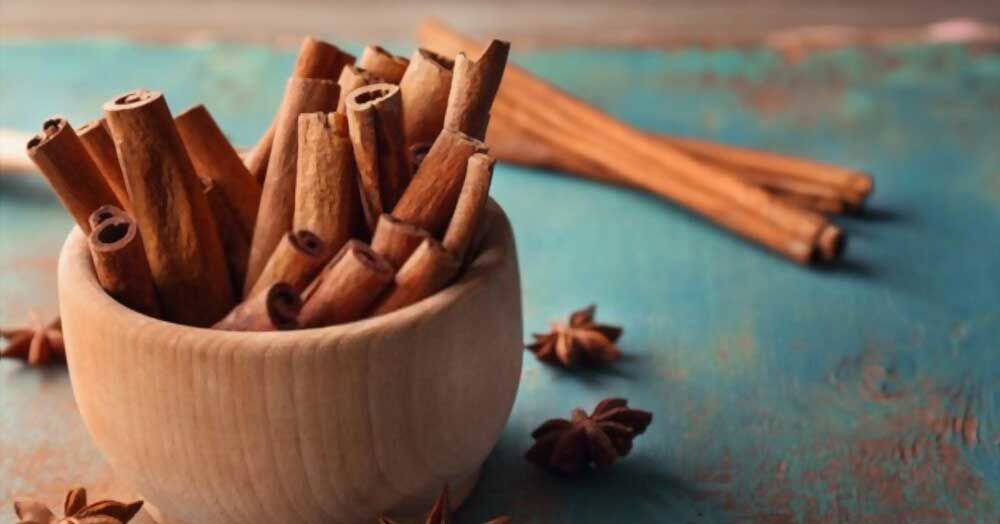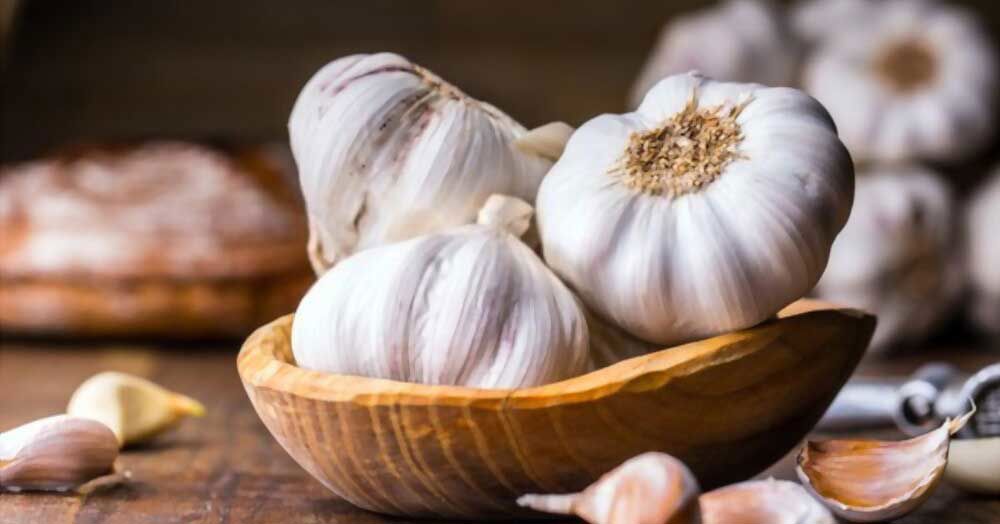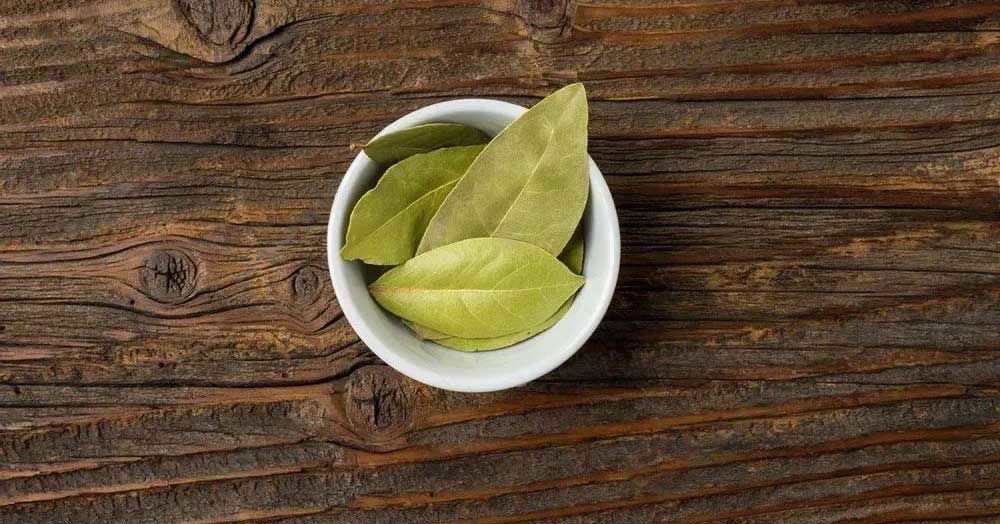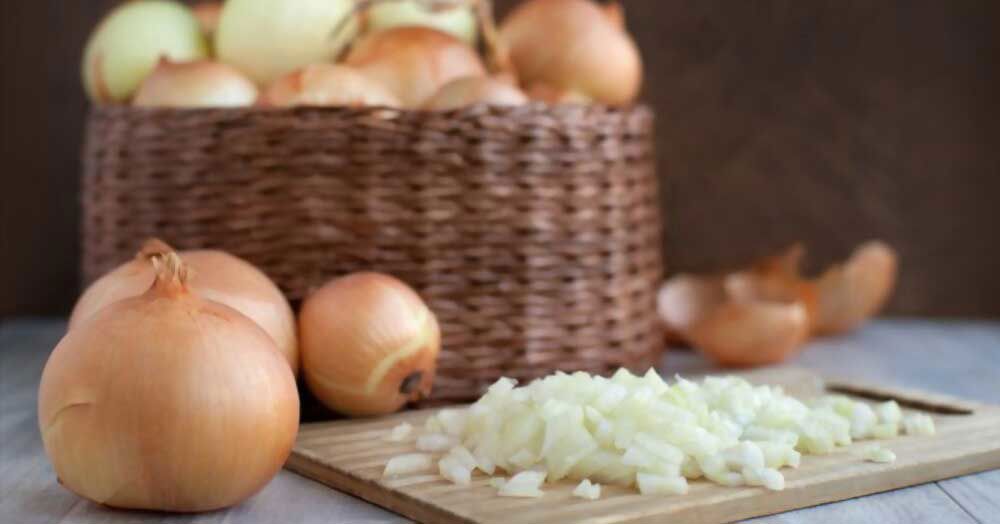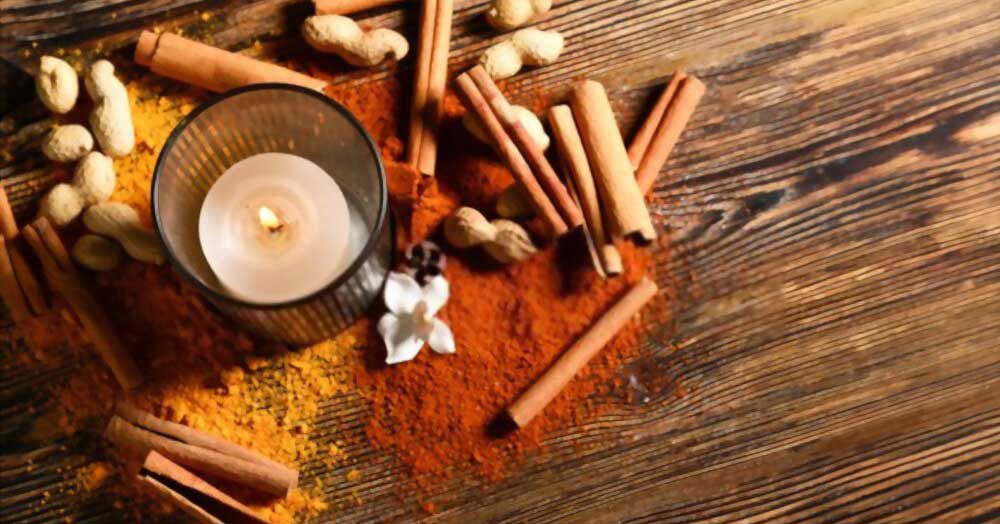Turmeric is a spice that has been used for centuries in both Indian and Chinese cuisine. But what many people don't know is that turmeric has a rich spiritual history as well. According to Ayurveda, the ancient Indian system of medicine, turmeric is thought to have a warming effect on the body and is considered a rejuvenating herb. It's also said to promote detoxification and stimulate digestion. In addition, turmeric is believed to have spiritual benefits, such as enhancing spiritual awareness and promoting peace of mind. Explore the spiritual meaning of turmeric and see if you want to add this spice to your own spiritual practice.
1. Spiritual meaning of turmeric
Turmeric is a yellow-colored spice often used in Indian cuisine. Turmeric is an important part of Ayurvedic medicine and is considered a sacred plant in Hinduism. It has many health benefits, including:
- Turmeric is a powerful antioxidant that can help to protect the body from damage caused by free radicals. Free radicals are unstable molecules that can cause cell damage and lead to disease. Antioxidants neutralize free radicals and prevent them from causing damage.
- Turmeric also has anti-inflammatory properties, which can help to reduce inflammation throughout the body. Inflammation is a major contributor to many chronic diseases, such as heart disease, arthritis, and cancer.
In addition to its many physical benefits, turmeric also has spiritual benefits, including:
1.1. Turmeric is believed to bring good luck to newlyweds
The bride and groom apply a paste of turmeric and sandalwood powder to each other's foreheads during a traditional Indian wedding ceremony. This is done as part of the 7 sacred vows that are taken during the ceremony Hindus often put turmeric on the bride and groom at the wedding ceremony for two reasons:
- First, turmeric is considered to be a holy and auspicious substance in Hinduism. It is used in many religious ceremonies and is believed to bring good luck.
- Second, turmeric is thought to have cleansing and purifying properties. By applying it to the bride and groom, Hindus hope to cleanse them of any past sins or negative energy so that they can start their lives together with a clean slate.
Additionally, turmeric has been used to dye wedding clothes for centuries. It is believed that the natural pigment in turmeric has a protective effect against negative energies and fever.
1.2. The turmeric powder is said to represent the purity and auspiciousness of Lakshmi
Lakshmi is the Hindu goddess of prosperity and wealth and is one of the most popular deities in Hinduism. She is often depicted with gold jewelry, holding a lotus flower, and sitting on a pink lotus flower. Married women usually apply turmeric to their cheeks in the evening in preparation for a visit from Lakshmi. This is because Lakshmi is believed to bring good luck and fortune to those who worship her. The turmeric powder is said to represent the purity and auspiciousness of Lakshmi, and by applying it to their faces, women are hoping to receive her blessings.
1.3. Hindu people consider turmeric to have auspicious qualities and use it in many sacred ceremonies
When used in meditation, turmeric can help to calm the mind and body, making it easier to focus on your breath and achieve a deeper state of relaxation. Additionally, turmeric is said to enhance abilities and intuition, making it easier to connect with the divine. Turmeric powder is said to have a purifying effect on the mind and body, and when applied to the forehead it is said to unlock one's psychic abilities.
Turmeric bath is a popular custom in India which is believed to have many health benefits. Turmeric is known for its anti-inflammatory, antibacterial, and antifungal properties. It is also a natural detoxifier and can help in cleansing the body. Turmeric baths can help in relieving stress, tension, and anxiety. It can also help in improving blood circulation and boosting the immune system.
Prayer is another area where turmeric can be helpful. This spice is known for its ability to promote feelings of love, compassion, and gratitude - all of which are essential ingredients for a successful prayer life.
In ancient India, it was believed that turmeric contained the energy of the Divine Mother. It was thought to help grant prosperity, cleanse the chakras (energy centers in the body), and purify the channels of the subtle body.
1.4. Turmeric is an ancient talisman used to ward off evil and grant to the wearer healing and protection
The Aryans worshipped the solar system and the sun as a deity. Turmeric was a sacred plant to the Aryans due to its golden yellow color, which resembled sunlight. The bright yellow color of turmeric is said to represent the sun and the third eye, or Ajna chakra. They believed that turmeric had special protective properties and would often use it in religious ceremonies or to anoint the bodies of their dead.
Turmeric held great importance to the Aryans and played a significant role in their culture. Some people believe that wearing dried turmeric can bring good luck and protect them from evil spirits.
Some people in southern India wear dried turmeric around their wrists or arms because they believe it to be an amulet. An amulet is an object that is said to have magical powers and can protect the wearer from harm. Turmeric is believed to have many healing properties and so it is believed that wearing it will help keep the sick person safe. It is also believed to bring good luck.
There is some evidence to suggest that turmeric can help to strengthen the aura. One study found that people who took curcumin supplements had a significantly higher level of protection against negative energy fields than those who did not take any supplements.
1.5. Turmeric is also said to have mood-boosting effects
Turmeric has long been used in traditional medicine to boost mood and relieve stress. The active ingredient in turmeric, curcumin, is thought to be responsible for these effects. Curcumin has been shown to increase levels of serotonin and dopamine in the brain, which are two important neurotransmitters involved in regulating mood. Serotonin is often referred to as the "happy hormone." Low levels of serotonin are linked to depression and anxiety.
Additionally, curcumin has been shown to reduce inflammation in the brain, which may also contribute to its mood-boosting effects. While more research is needed to confirm these effects, turmeric may be a promising natural treatment for mood disorders such as depression and anxiety.
2. What chakra is turmeric good for?
When it comes to chakras, turmeric is most commonly associated with the solar plexus chakra. This chakra is responsible for our personal power and self-esteem, and it is believed that turmeric can help to balance this chakra. In addition to the solar plexus chakra, turmeric is also thought to be beneficial for the root chakra. This chakra is responsible for our sense of security and stability, and it is believed that turmeric can help to ground and stabilize us.
3. The meaning and symbolism of turmeric
Turmeric is a spice with a long history of use in India. It has been used as a symbol of healing, fertility, and prosperity for centuries. In India, turmeric is often used in wedding ceremonies and is given to the bride and groom as a symbol of good luck. Turmeric is also considered to be sacred and is sometimes used in religious ceremonies.
In Hinduism, turmeric is associated with the sun god Surya. In feng shui, the yellow color of turmeric is a symbol of lively and positive energy. It is believed to bring fortune and luck to the owner. Yellow is a symbol of power and nobility. In ancient China, it was often used in the costumes of kings.
Conclusion
Turmeric is not only a popular spice used in cooking, but it also holds spiritual significance for many people. Turmeric has a long history of being considered a spiritual talisman with the power to ward off evil and grant healing and protection. For Hindus, turmeric is an auspicious plant that is used in many sacred ceremonies. Turmeric is also believed to bring good luck to newlyweds. If you are looking for a way to add some good luck to your life, consider incorporating turmeric into your daily routine.

